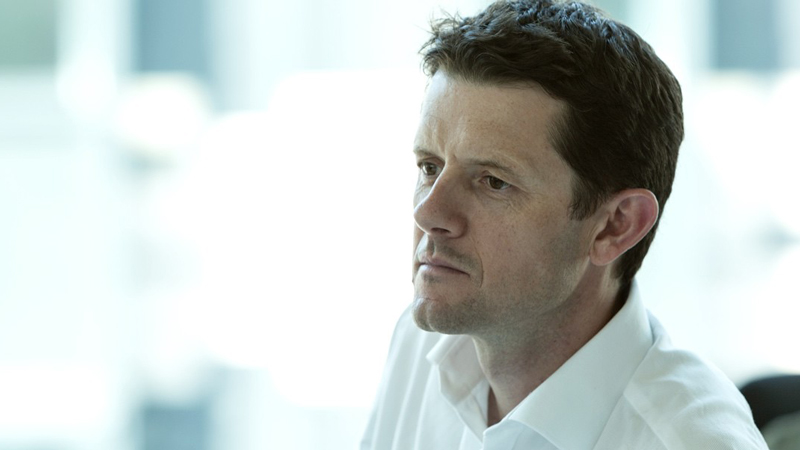He says: “The end of a 35-year rally in developed market fixed income may be more than just the death of positive returns as inflation risks push up bond yields. There is also a material risk that markets themselves may eventually be relieved of their traditional roles of determining term yields.”
He believes the reason is that no developed market country is likely to handle the bear market steepening that would occur if markets were free to price bonds as inflation returns. “Inflation and currency depreciation would decimate developed market bonds,” he says.
For Dehn, there is increasing risk that the market’s role in pricing government bonds in developed economies could be “seriously curtailed or eliminated” over the next few years. These countries are likely to cope badly with the yield curve bear steepening, which would occur naturally if markets were free to price in future inflation, given high debt levels and low trend growth rates.
He sees a dissimilar scenario in the emerging market debt space, where conditions are entirely different. “The destruction of developed market bonds makes emerging bonds more attractive as the only truly tradeable fixed-income markets left in the world,” he says.
“At $18.5trn in size and extremely diversified, emerging market bonds are already attractively priced, with bond yields sitting just 40bps below the yield they had in late 2006 when the Fed had rates at 5.25%.”
No emerging market country is burdened with the same low growth rate/high debt levels that impact the west or, as Dehn puts it: “Most emerging market countries are in the process of developing their markets, not killing them.”
On the defensive
However, while the mood of caution prevails, it is hard to write off fixed income entirely. Troy’s Sebastian Lyon is one of many high-profile investors who has turned to treasury inflation-protected securities (Tips) in recent months.
His cautious stance extends to equities with a focus on UK and US blue-chip companies with pricing power in defensive industries in the Trojan Fund and Personal Assets Trust. While many talk up the return to more value opportunities rather than sticking with expensive so-called ‘bond proxies’ (see Contrarian, pages 28-30), Lyon is more concerned about a coming reappraisal of stock market valuations.
“With stretched valuations, future profits will be worth less,” he says. “The bull market in US stocks has lasted 89 months – the longest on record. The temptation near the end of the cycle is to trade down into visually cheaper but lower-quality stocks. We believe this is particularly dangerous.
“The standard policy response during a recession, since 1980, has been to cut interest rates by 5% or more. That option is not available today so cyclical, indebted companies will not receive the traditional assistance from falling interest costs.”
Carl Stick, who runs the Rathbone Income Fund, is another high-profile UK manager who has been adopting a more defensive stance, based on the premise that the US economy is not robust enough to respond positively to a rise in base rates this month.
He too has taken a more constructive – and perhaps now contrarian – view on defensives, having reallocated funds into the tobacco and utility sectors, through new positions in US equities, Altria and WEC Energy, and adding to SSE in the UK.
He says: “This may seem counter-intuitive considering the reaction of equity and bond markets post the result. However, our fear is the US economy is not strong enough to accommodate a tightening rate cycle and the election result does not change that view.”
Donald who?
Another take on a developing trend comes from Will James, manager of the Standard Life European Equity Income Fund, who believes that markets are clearly rewarding firms with a clear capital expenditure (capex) strategy.
On one side, high-yielding equities have benefited from a dividends over investment mentality that has dominated for some time. Those firms with -20% or less estimated capex growth for 2017 – presumably having prioritised returning money to shareholders – have, in general terms, performed well in 2016. On the flipside, those firms with 10-20% capex growth, are also now beginning to show outperformance (see Chart 2).
“Maybe the market,” James says, “is more prescient of the risks emanating from the demand for instant gratification in the form of all available income.
“The market has moved from a ‘give me the cash, I know markets are bad’ mentality to ‘I don’t want the cash because revenues are bad’ view. Yield for yield’s sake has suddenly become much less attractive, and this has accelerated since the US election.”
Without straying too far into the Trump debate, James Klempster, head of investment management at Momentum Global Investment Management, predicts a positive year ahead for equities boosted by global markets’ muted reaction to the election.
“What I would say with reasonable certainty is that in the coming year I don’t think the market really cares which president is in.
“I think over the long term we’ll look back and be indifferent to this regime and previous regimes.
“The whole point of management is that it’s paid by shareholders to make money whatever the weather,” he says.











